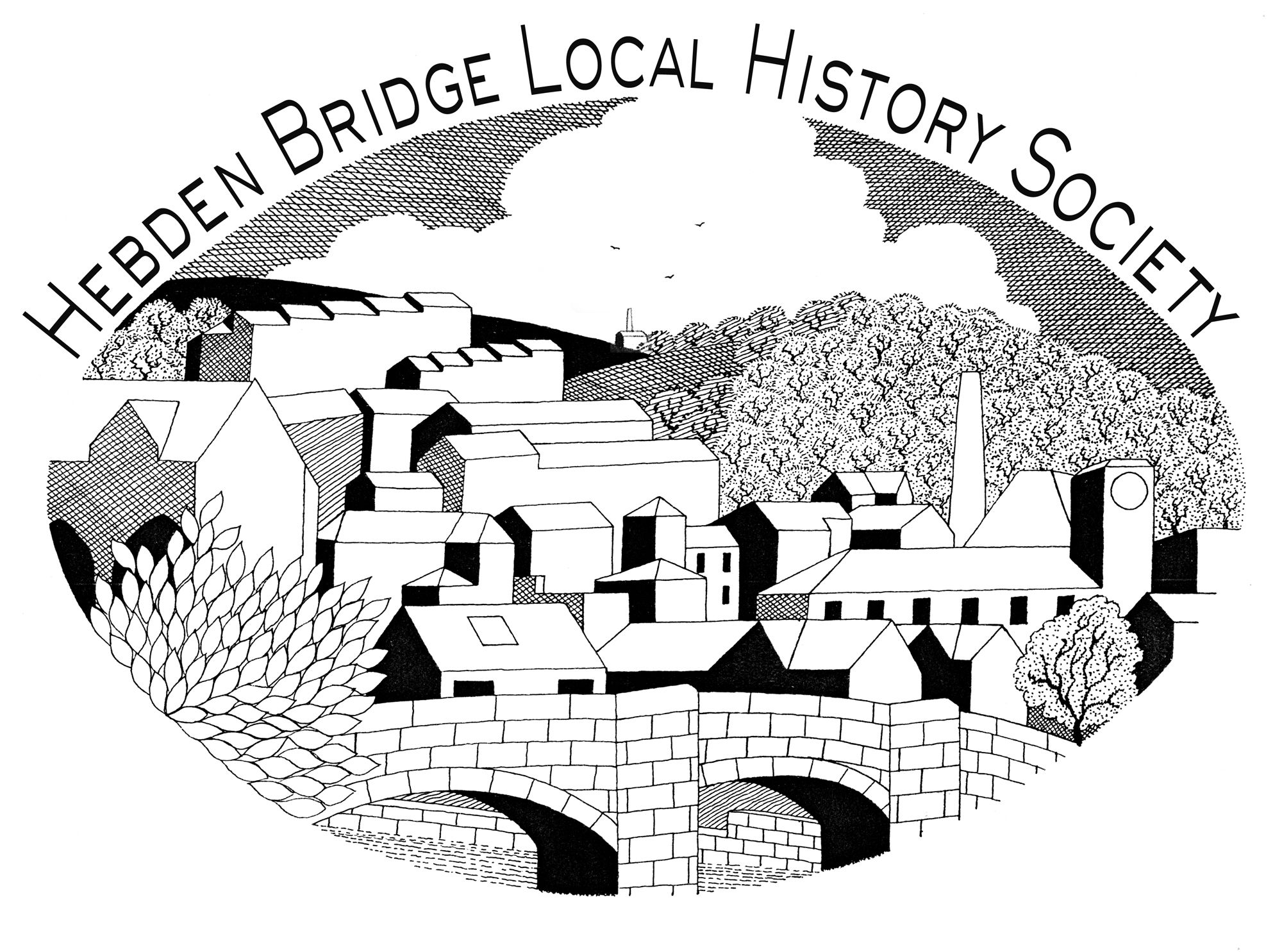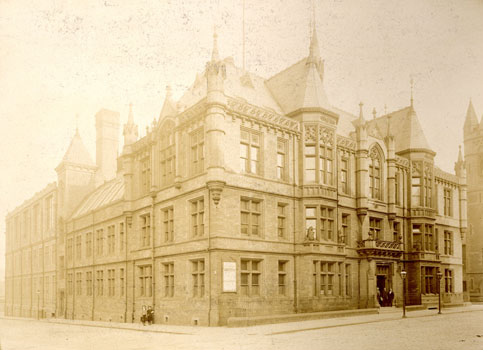A gathering of adults keen to listen and learn: when Hebe Gilbert, a history teacher in Leeds, spoke to Hebden Bridge Local History Society, there was more than an echo of the 19th century community movements which opened educational opportunities to working class people.
Private ‘dame schools’ could provide basic literacy, and Sunday schools made a considerable impact. For adults, Mechanics Institutes provided a wider technical education, but these tended to be dominated by the philanthropic middle classes. There were many obstacles facing working class people who desired an education, working long hours for poor pay: ‘dull and hopeless looking, as disconsolate as their prospects’ and yet they chose to give up the time to learn.
Hebe’s interest was in the Mutual Improvement Societies, which were organised co-operatively and focused on members helping each other to gain the confidence and pride to learn and to communicate their ideas effectively. From the 1870s until the 1920s, Mutual Improvement Societies were crucial to the education of the working classes, with a large membership, low fees and an ethos of inclusivity and respect.
From tentative beginnings members were given the confidence to communicate and great value was placed on speaking on subjects extempore, with increasing eloquence. For women it was different. Although some women were involved in political movements such as Chartism, there was less of a drive for education, with a fear that women would neglect their roles as home-makers and mothers. For women, time spent reading was characterised as time wasted, and hinted at moral failure.
Individual men who rose through their own efforts to positions of influence, such as the man born in a Bradford workhouse who became an Oxford professor provided role models. Seeing men like themselves writing, speaking and being listened to with admiration acted as a further motivation to seek education.
Many of the debates which were central to the educational method focused on political ideas, and fed demands for a voice and a vote. The fear of working class emancipation was enflamed in 1819 with the attack on the crowd in Manchester, in what we remember as the Peterloo massacre. The 1832 Reform Act expanded the franchise, satisfying the demands of the middling classes who owned or rented houses, but leaving the working classes behind. Chartism gave a them voice, but was increasingly feared by the state, as protests involved direct action and strikes. The speaking skills so valued by the Mutual Improvement Societies brought working men to the fore in Radical politics, where oratory gave status to those who could effectively argue for their rights.
One of the main tenets of the Improvement Societies was a focus on moral as well as intellectual potential: ‘the exaltation of talent above virtue was the curse of the age’ as one commentator said, leading to power without principle. At the heart of the movement were egalitarian principles and the primacy of independence of thought. Education was seen as a common inheritance and a source of nobility.


